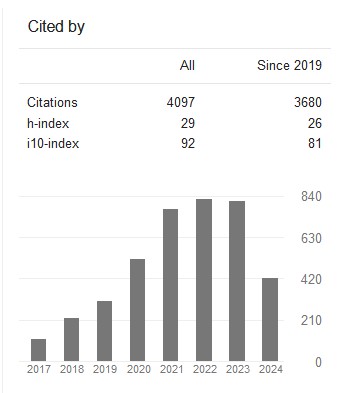Treatment of Pretreated Landfill Leachate by Membrane Bioreactor Process( Vol-3,Issue-4,April - April 2017 ) |
|
Author(s): Swathy P.S, Habeeba. V |
|
Keywords: |
|
|
Coagulation, Leachate, Membrane Bioreactor Process, Municipal Solid Waste, Ultrafiltration. |
|
Abstract: |
|
|
Landfill leachate is a liquid that is mainly produced by the rain which falls on the solid waste. The leachate usually contains high concentrations of ammonium, organic matter, toxic compounds and heavy metals, which makes it unsuitable for discharge in natural bodies without any prior treatment. The formation of leachate threatens the groundwater, soil and environment. Land filling is the one of the least expensive method for disposal of municipal solid waste (MSW). In this study, landfill leachate is treated by coagulation and Membrane Bioreactor (MBR) process by using ultrafiltration (UF). The original sample has BOD/COD ratio as 0.603. Coagulation was used as a pretreatment prior to the biological treatment. . It was done by using alum as an coagulant at an optimum dosage of 160 mg/L. Coagulation has proven effective as a pretreatment. But the effluent quality did not meet the general standards for discharge of environmental pollutants. So the effluent after coagulation process was treated by MBR process. In this study, after MBR treatment all the parameters except BOD have met the relevant Indian Standards for discharge as irrigation water. |
|
Cite This Article: |
|
| Show All (MLA | APA | Chicago | Harvard | IEEE | Bibtex) | |
Share: |
|

 DOI:
DOI: 



























